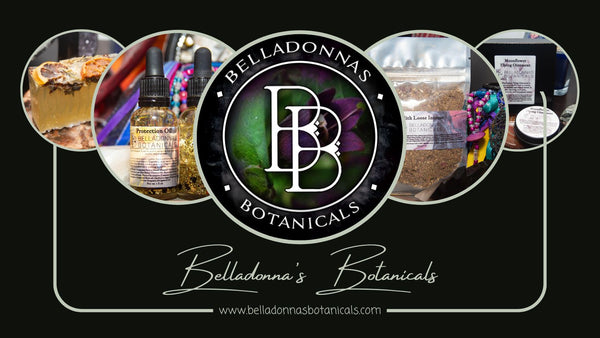Abaddon
Abaddon

Abaddon is the Destroyer, the Angel of the Bottomless Pit, and the God of the Abyss. Abaddon excels at destruction of toxic people and obstacles. This can also be considered the destruction of the self, your perception, and preconceived notions. Abaddon teaches and death rites), possession, de-possession and bindings: binding spirits; binding spells; how to bind others; how to bind yourself; how to bind the reality to obey a command; how to loosen bonds; how to unlock yourself; and how to unlock any door that can open.
Abaddon: History, Mythology, and Lore
Abaddon (rendered in Greek as ‘Apollyon’) has a bewildering arsenal of interpretations and forms, even if the meaning is consistent. The original meaning of the word is translated from ancient Hebrew as ‘destruction’ or ‘place of destruction’. That seems straight forward at first, but for the first part of the word’s history, it referred not to a particular god, entity or person—but to a geographic location, a desolate and hostile environment.
A place of destruction, like a desert or tundra (in some sources, chiefly Rabbinical literature, Abaddon is referred to as a place where the damned are cursed to lie in flames and snow, which really is the worst of both worlds).
In various ecstatic religions and sects, Abaddon could refer to caves and grottoes where initiates would go to learn esoteric secrets—this persisted even after the word referred to an entity and no longer solely to geography.
It is in the New Testament where Abaddon makes the shift from ‘geography’ to ‘entity’. He gains not only personhood and personality, but a series of menacing titles, the best of which is “Lord of the Abyss”. He is said to hold the keys to the void. He comes to be associated with insects (particularly locusts), the color red, rubies, swords and is said to have at one point both Egypt and Sodom under his rule. Here is one of the more famous references to Abaddon from that source:
Even more confusingly, some modern Protestant Christian sects declare that the use of the word ‘Abaddon’ in the last pages of the New Testament (Revelations 9:11) is the name Jesus Christ will take after the resurrection and the end of days.
Others loudly contend that ‘Abaddon’ is the proper name of the Anti-Christ and just won’t be budged on that score. In some contexts, Abaddon is used as a shorthand for Satan, Samael or for hell itself (playing again off of the geography/entity divide). The name Abaddon sure does get around a lot and seems to mean whatever the listener wants it to mean.
The Book of Azazel—among other sources— refers to Abaddon as ‘Abaddon the Destroyer’ which is really when translated, just means ‘Destroyer the Destroyer’. (Jenn notes that Abaddon is most pleased by this distinction)
In the modern occult, Abaddon is referred to by the author E.A. Koetting as follows: “Abaddon is unique in the totality of the destruction of the self.” In short, using destruction to purge the self of ego and assumptions, one of the more positive interpretations of impartial destruction in the quest for knowledge out there. Abaddon serves as an annihilator of self in this context, but with the end goal of allowing the practitioner to reach knowledge and insight that would have been impossible to access in their previous state.
Working with Abaddon
Abaddon teaches us how to destroy that which no longer serves us, including any obstacles and the parts of the us that hold us back in order to foster our ascent, control over baneful spirits, protection from curses and negative energies, and command over Abaddon's locust army.
I created a Abaddon playlist on YouTube of meditation music, meditations, and mantras to help you in your journey working with Abaddon
Abaddon’s Enn: Es na ayer Abaddon avage
Abaddon’s Correspondences:
-
Botanical and Aromatic: Agarwood (Oud), Aloe, Benzoin, Calendula, Cedar, Chamomile, Copal, Dragon’s Blood, Elder Flowers, Eucalyptus, Hemlock, Labdanum, Mullein, Musk, Myrrh, Opopanax, Patchouli, Wormwood, Rosemary, Sandalwood, Tobacco, Vanilla, Walnut, Wormwood, Yarrow
-
Crystals and Stones: Aura Quartz, Black Tourmaline, Danburite, Dumortierite, Obsidian (Black, Rainbow Gold/Silver), Ruby, Shungite, Tanzanite, Tourmalinated quartz, Ruby
-
Animals: Locusts, Insects
-
Offerings: Fire, Blood, Wine, “Offerings to the Abyss”

References & Further Reading
Books & Web Link
-
Abaddon: Exterminating Angel, Black Witch Coven, 2021.
-
Abaddon, Become a Living God, https://www.becomealivinggod.com/initiation
YouTube Videos
-
Abaddon: The Angel of The Abyss (Biblical Stories Explained). The Legends of History, 2019.
